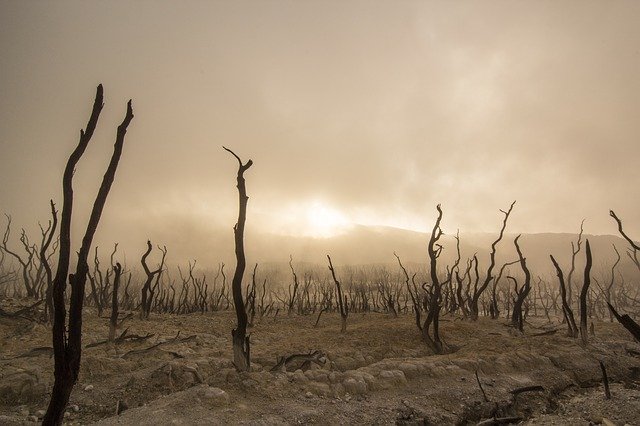The effects of the climate crisis have been a topic of growing concern. Many people have been challenging the findings of scientists and climate control experts without credible evidence. Unfortunately, many of the most active challengers are those who stand to benefit financially or politically from continued harm to the environment. The scientific community has already reached a consensus; the only remaining debate is in fact political. In navigating the debate, it’s important that both sides of the aisle present valid positions. The positions advanced need to be qualified with credible facts and a genuine understanding of the issues at hand.
Foster Communication Despite Differences of Opinion
2020 has seen unprecedented weather-related events. These events include the hottest temperatures ever recorded as well as massive wildfires engulfing nearly all of Australia. As warning signs such as these become more common, it’s essential that there continues to be an open communication about how to evaluate and address the climate crisis. Of course, leaders need to put facts before political agendas. Everyone must be prepared to discuss the climate crisis with the primary objective of preserving the environment rather than demonstrating loyalty to a political party or gaining favor with private interest groups. Individuals must be willing to stay engaged in a constructive dialog regardless of whether they adhere to conservative ideology, moderate political philosophy, or progressive values.
Recognize That Negating Facts Is a Non-Option
The western region of the United States has recently seen wildfires engulf entire communities in minutes. While California has always experienced the seasonal occurrence of wildfires, it has never happened on such a massive scale. When President Trump met with California’s governor and environmental officials, he cited poor forest management as the reason for the fires. When urged to consider the role of the climate crisis, the President’s offered unfounded reassurance that “it will get colder.” California’s Natural Resources Secretary responded, “I wish science agreed with you.” The President shockingly smirked and retorted, “I don’t think the science knows, actually.” While statements such as these may seem out of place in a meaningful dialog, they still need to be answered constructively.
In taking action to protect the environment and preserve the quality of life on earth, science, logic, and reason must remain paramount. While everyone is entitled to their own opinion, no one is entitled to their own facts. Ultimately, empirical scientific evidence has to remain the guiding force in how leaders address the challenges of the climate crisis.

